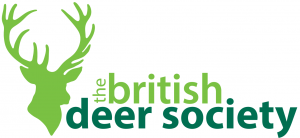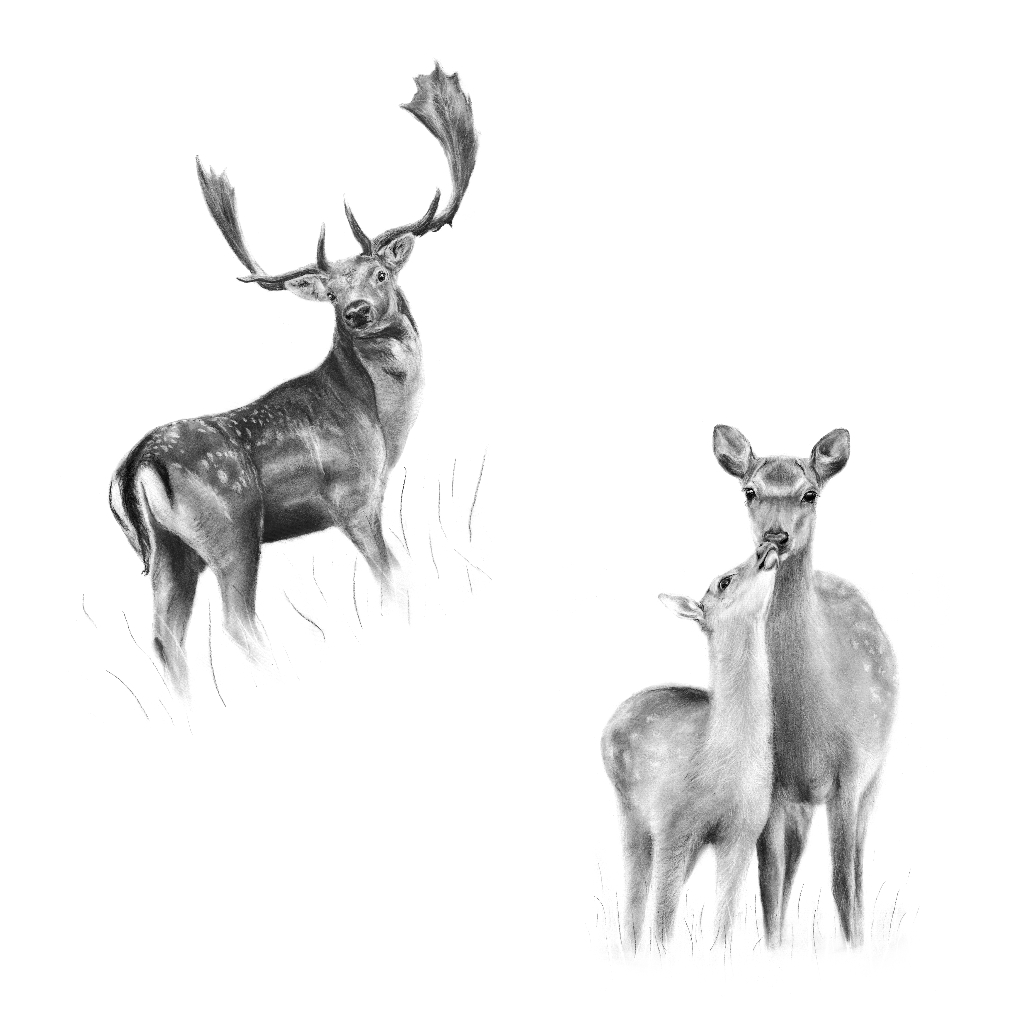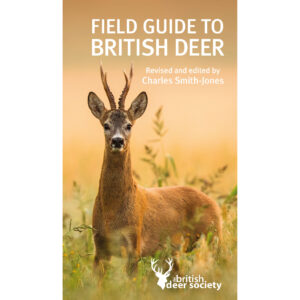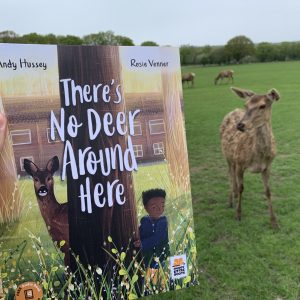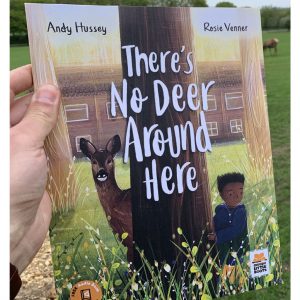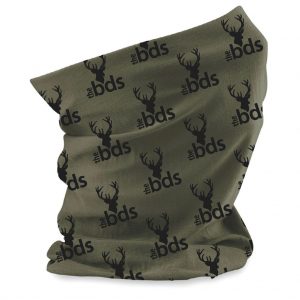ABOUT THE STUDY
Lyme borreliosis (LB) is tick-borne and can cause serious disease with the UK annual diagnoses trebling over the last two decades (Marcu et 01., 2013; Dillon et 01.,2010). Those working in farmland/forestry or having contact with animals (including deer) in high hazard areas are at greatest risk (HSE, 2010).
Deer have key roles in most, but not all, UK LB disease systems (Medlock et 01.,2013; Gilbert et 01.,2012; Ogden et 01., 1997). However they are non-competent hosts for the pathogen itself, and small mammals or birds are usually required as disease reservoirs (Franke et al.,2013). Greater knowledge of these disease systems and their habitat determinants would be valuable, not least as interventions based on simplistic models that blame LB primarily on deer may undermine broader attempts to enhance public and ecosystem health, or even increase local LB hazard (Dobson, 2014; Li et 01.,2014; Ostfeld, 2011).
The aim of this research is to build an evidence based picture of the ecological determinants of Lyme borreliosis risk in the South Downs National Park (SDNP) and to suggest potential one-health based interventions.
The study will map LB vector and pathogen distribution across the SDNP. If Borrelia miyamotoi is detected it will examine the potential dilution effect of deer on this emerging disease hazard. It will determine host community composition for LB pathogens and their vectors. It will review one-health interventions to decrease LB risk and suggest actions within the SDNP and where reasonable more generally.
The study will provide a mapped assessment of LB risk and causal factors and support development of policies that avoid or minimise conflicts between public and ecosystem health (Medlock and Jameson,2010). Given LBs widespread distribution, knowledge of its ecological determinants in the SDNP will be of value beyond the Park.
FURTHER READING
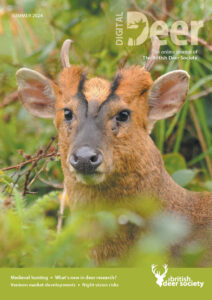
Discover the Latest Insights in Digital Deer’s Summer 2024 Edition!
We are delighted to announce the release of the Summer 2024 edition of our highly anticipated free online taster version of the members’ magazine, Digital Deer. Packed with exciting content, this edition is your gateway to the latest news, research, and insights from the world of deer. Here’s a sneak peek into what you can expect:
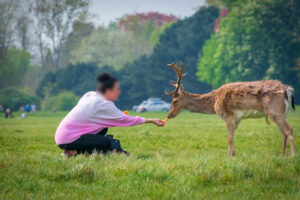
Protect Our Park – Don’t Feed The Deer Campaign at Phoenix Park
Ireland’s Office of Public Works (OPW) has launched the ‘Protect Our Park – Don’t Feed the Deer’ campaign, aiming to alter public behaviour to safeguard the wild deer in Dublin’s Phoenix Park. This initiative follows a recent University College Dublin (UCD) report highlighting the negative impact of human feeding on the behaviour and welfare of the park’s deer population.
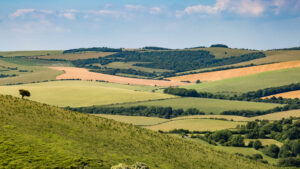
Understanding Tick Hazards in South Downs National Park
The British Deer Society is excited to share the findings of a groundbreaking research project we supported, aimed at understanding tick hazards in South Downs National Park (SDNP). As the UK’s most visited national park, SDNP attracts countless visitors every year, making the management of tick-borne diseases a critical public health concern.



